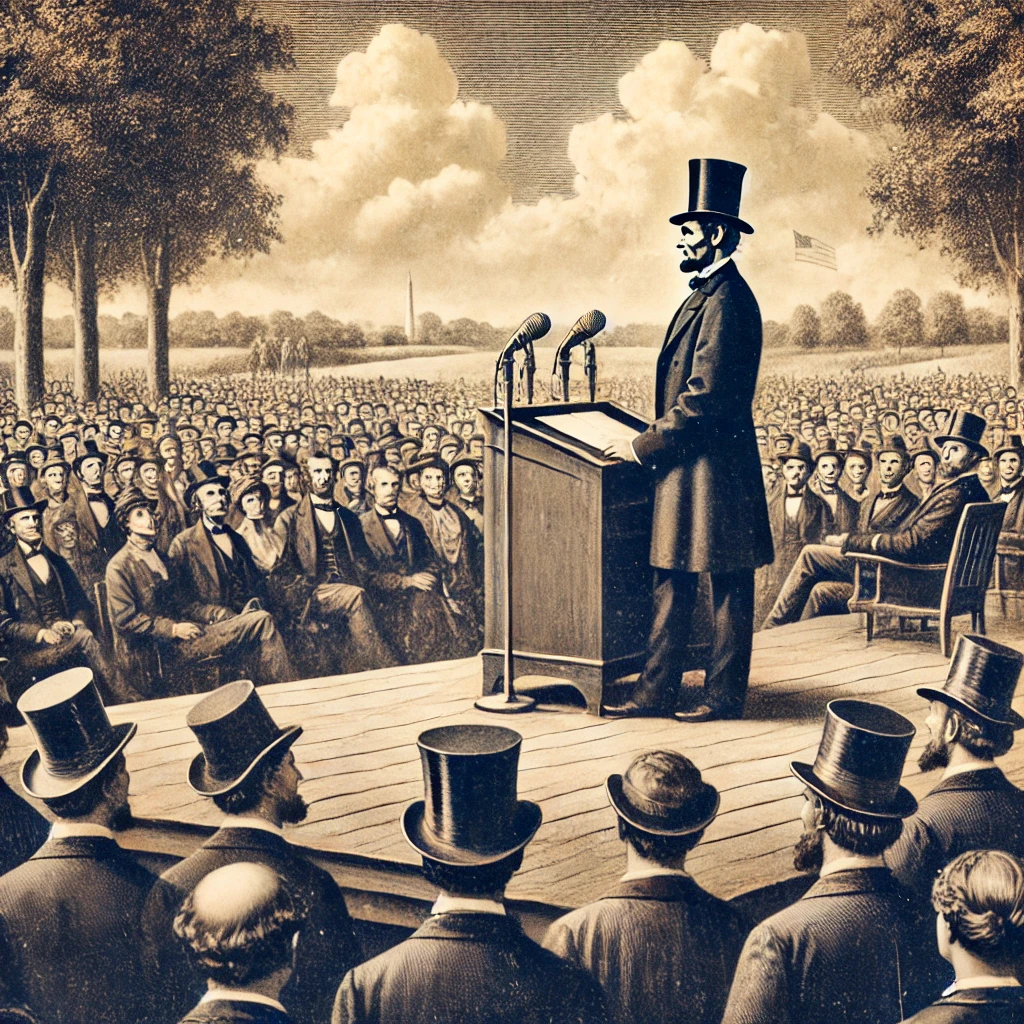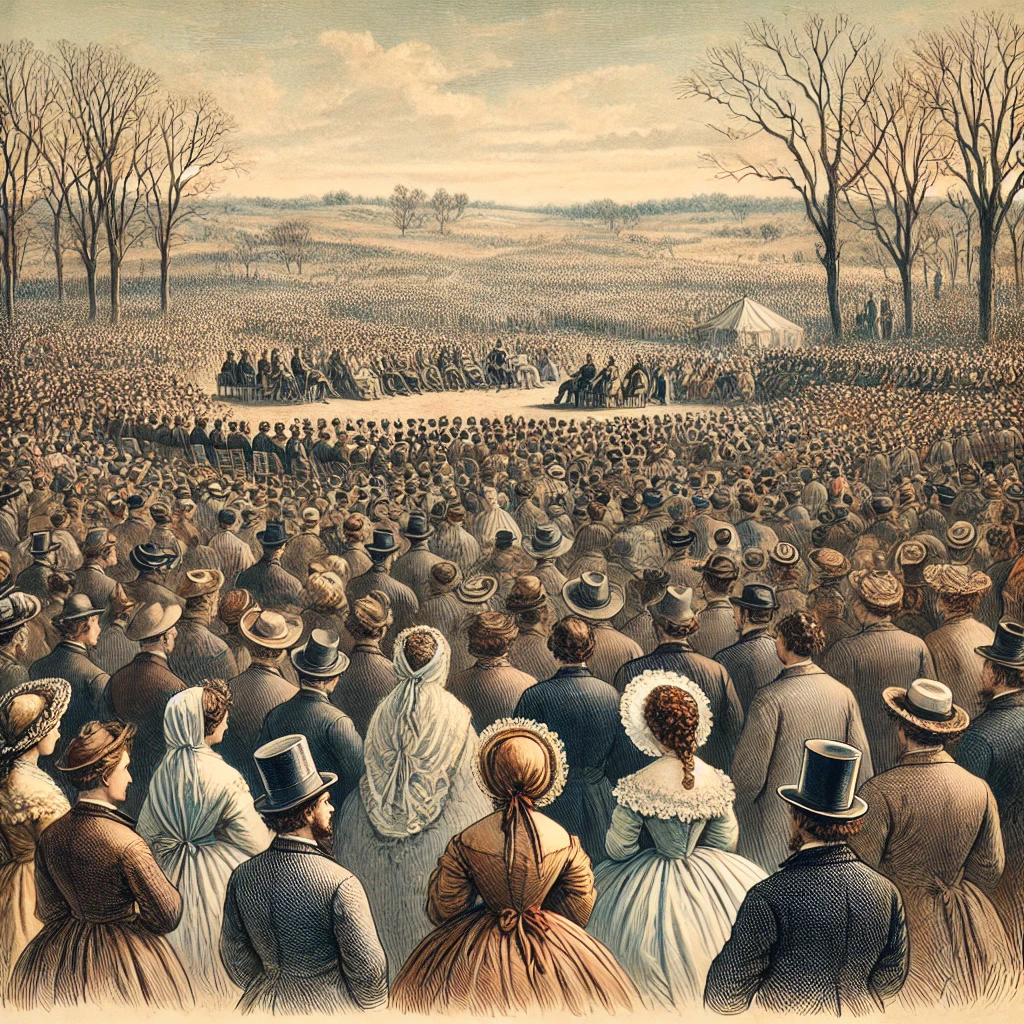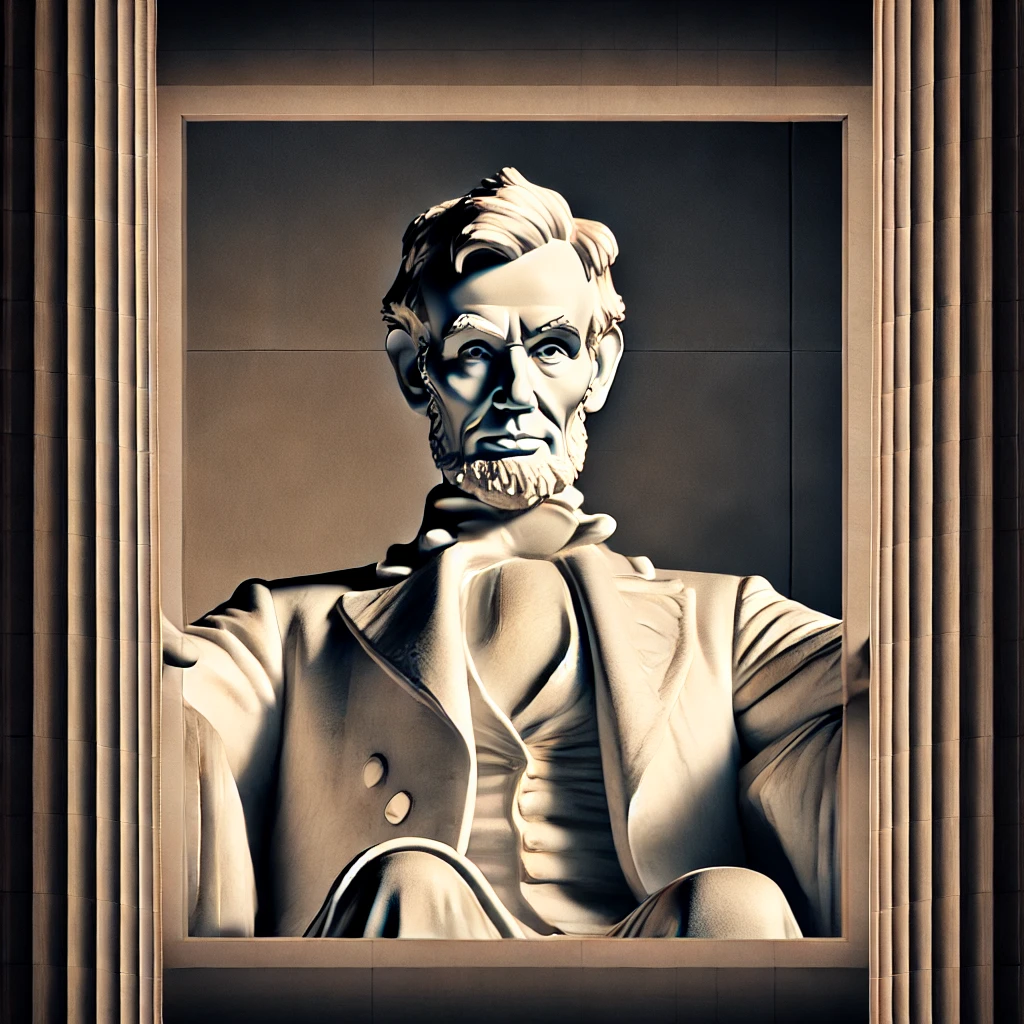On November 19th, 1863, President Abraham Lincoln delivered the Gettysburg Address during the dedication ceremony of the Soldiers’ National Cemetery in Gettysburg, Pennsylvania. This brief yet profound speech has since become one of the most iconic and revered in American history, encapsulating the ideals of freedom, equality, and national unity at a time of deep division. The address served not only as a memorial for those who fought and died at the Battle of Gettysburg but also as a powerful reminder of the principles upon which the nation was founded.

The Context of the Address
The Gettysburg Address was delivered amidst the Civil War, a brutal conflict that had torn the United States apart since 1861. The Battle of Gettysburg, fought from July 1 to July 3, 1863, was one of the war’s deadliest battles, resulting in significant casualties on both sides. The Union victory at Gettysburg marked a turning point in the war, but the immense loss of life highlighted the urgent need for reflection on the meaning of the conflict and the future of the nation.
Lincoln was invited to give a few remarks at the dedication of the cemetery, which was established to honor the soldiers who had given their lives in battle. His address came at a time when the nation was grappling with issues of slavery, states’ rights, and the very definition of democracy. In just over two minutes and with fewer than 300 words, Lincoln crafted a message that sought to unify the nation and reassert its commitment to the principles of liberty and equality.

The Content and Significance of the Speech
In the Gettysburg Address, Lincoln famously began by referencing the nation’s founding, stating that it was conceived in liberty and dedicated to the proposition that all men are created equal. He acknowledged the sacrifices made by the soldiers at Gettysburg and emphasized that their deaths should not be in vain. Instead, he urged the living to take up the cause of ensuring that government “of the people, by the people, for the people, shall not perish from the earth.”
The speech’s significance lies in its ability to encapsulate the essence of American democracy. Lincoln’s words transformed the Civil War from a battle for the Union into a fight for a new birth of freedom, asserting that the struggle was not just about preserving the nation but also about ensuring that its foundational principles were upheld. The Gettysburg Address has since been interpreted as a reaffirmation of the nation’s commitment to civil rights and the ideal of equality.
The Enduring Legacy

The Gettysburg Address has endured as a cornerstone of American rhetoric and political thought. Its eloquence and clarity have inspired generations of leaders and citizens alike, often referenced in discussions about civil rights, democracy, and the American identity. Lincoln’s address is taught in schools and quoted in various contexts, illustrating its lasting relevance in the American consciousness.
Furthermore, the themes articulated in the Gettysburg Address continue to resonate today. In an era marked by ongoing debates about equality, justice, and the role of government, Lincoln’s message serves as a powerful reminder of the responsibility that each generation holds in preserving the values of democracy. The address invites reflection on the progress made and the work that remains to ensure that the nation lives up to its founding ideals.
On November 19th, 1863, Abraham Lincoln delivered the Gettysburg Address, a speech that would come to define American ideals and aspirations. His poignant reflections on sacrifice, democracy, and equality not only honored the fallen soldiers of Gettysburg but also articulated a vision for the future of the nation. As we commemorate this historic moment, we recognize the enduring impact of Lincoln’s words, which continue to inspire and challenge us in our ongoing pursuit of a more perfect union. The Gettysburg Address remains a testament to the power of language in shaping the collective memory and identity of a nation committed to freedom and equality for all.
